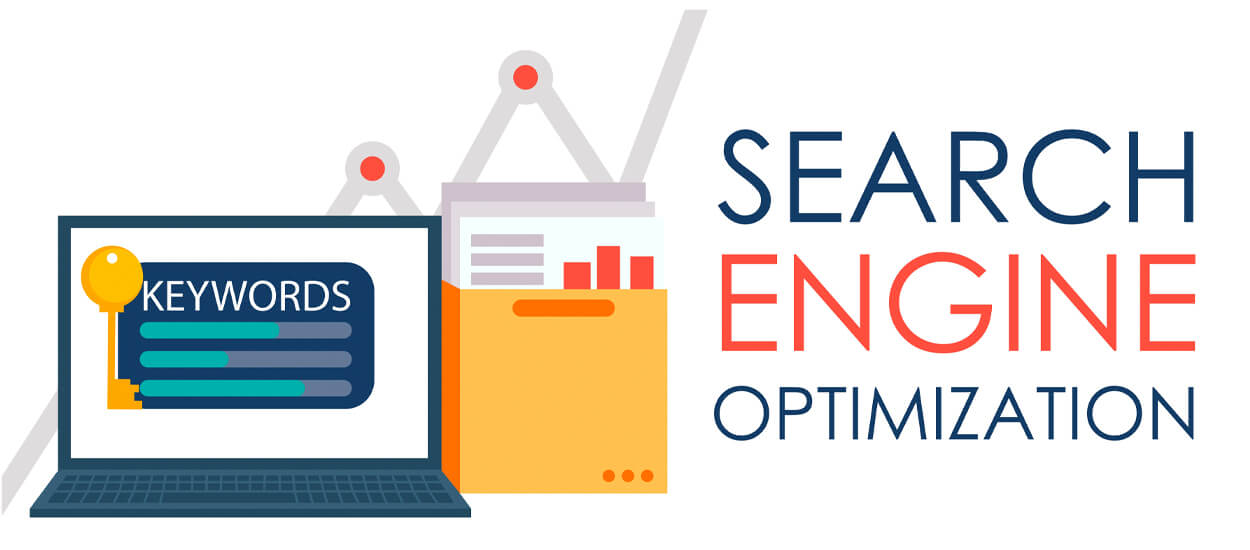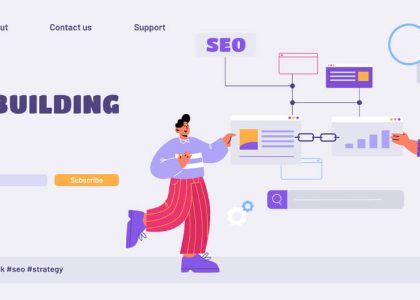In the ever-changing landscape of digital marketing, one question seems to resurface every few years: Is SEO dead? With the rise of new technologies, shifting user behaviors, and constant updates to search engine algorithms, it’s easy to see why some might wonder if traditional SEO practices are still relevant. The short answer? No, SEO is not dead—but it has evolved significantly. In this blog post, we’ll explore the current state of SEO, why it’s still crucial, and how it has adapted to the modern digital era.
See Also: 30+ High DA 2025 Free Article Submission Websites List
What is SEO, and Why Do People Think It’s Dead?
Search Engine Optimization (SEO) is the process of optimizing websites and content to appear higher in search engine results pages (SERPs). The goal is to increase organic (non-paid) traffic by aligning with search engine algorithms and user intent.
The idea that “SEO is dead” often stems from misconceptions or dramatic shifts in the industry. For example:
- Algorithm Updates: Google’s frequent algorithm changes (like Panda, Penguin, and Hummingbird) have made some older SEO tactics obsolete. This has led some to believe that SEO no longer works.
- Rise of AI and Voice Search: With tools like ChatGPT and voice assistants like Siri and Alexa, some argue that traditional keyword-based SEO is becoming less important.
- Zero-Click Searches: Features like featured snippets, knowledge panels, and local packs often provide answers directly on the SERP, reducing the need for users to click through to websites.
- Social Media and Paid Ads: The growth of social media platforms and pay-per-click (PPC) advertising has shifted some focus away from organic search.
While these factors have certainly changed the Search Engine Optimization landscape, they haven’t killed it—they’ve simply forced it to adapt.
See Also: How Does SEO Work: A Total Direct for Beginners
Why SEO is Still Alive and Thriving
- Search Engines Are Still Dominant
Google alone processes over 8.5 billion searches per day. People continue to rely on search engines to find information, products, and services. As long as search engines exist, Search Engine Optimization will remain a critical tool for visibility. - SEO Drives Organic Traffic
Organic search traffic is one of the most cost-effective ways to attract visitors to your website. Unlike paid ads, which stop generating traffic once you stop paying, Search Engine Optimization provides long-term results.

- User Experience is SEO
Modern SEO is no longer just about keywords and backlinks. It’s about creating a seamless user experience (UX). Search engines prioritize websites that are fast, mobile-friendly, easy to navigate, and provide valuable content. This alignment between Search Engine Optimization and UX ensures that Search Engine Optimization remains relevant. - Local SEO is Booming
With the rise of “near me” searches, local SEO has become more important than ever. Businesses that optimize for local search can attract customers in their area, making SEO a vital tool for small and medium-sized businesses. - Content is Still King
High-quality, relevant content remains at the heart of Search Engine Optimization. Search engines reward websites that provide value to users, and content is the primary way to do that. Whether it’s blog posts, videos, or infographics, content creation is a core SEO strategy.
How SEO Has Evolved
SEO is not the same as it was a decade ago. Here are some of the key ways it has transformed:
- Shift from Keywords to Intent
While keywords are still important, search engines now prioritize user intent. This means understanding why someone is searching for a particular term and providing content that meets their needs. For example, a search for “best running shoes” likely indicates a buyer intent, while “how to tie running shoes” suggests informational intent. - Focus on E-E-A-T
Google emphasizes Expertise, Experience, Authoritativeness, and Trustworthiness (E-E-A-T) when evaluating content. Websites that demonstrate these qualities are more likely to rank well. This shift has made it essential for businesses to establish authority and build trust with their audience. - Mobile-First Indexing
With the majority of searches now happening on mobile devices, Google uses mobile-first indexing to rank websites. This means your site’s mobile version is the primary factor in determining rankings. Responsive design and mobile optimization are no longer optional. - Voice Search Optimization
As voice assistants become more popular, optimizing for voice search is crucial. This often involves targeting long-tail keywords and answering questions in a conversational tone. - Visual and Video SEO
With the rise of platforms like YouTube and Google Images, optimizing visual content has become a key part of Search Engine Optimization. This includes using descriptive file names, alt text, and transcripts for videos. - Core Web Vitals
Google’s Core Web Vitals measure user experience metrics like loading speed, interactivity, and visual stability. Websites that perform well in these areas are rewarded with higher rankings.
See Also: 60+ Directory Submission Sites List 2025 with High DA (Free and Paid)
The Role of AI in SEO
Artificial intelligence is reshaping Search Engine Optimization in profound ways. Tools like ChatGPT and Google’s Bard are changing how people search and consume information. Here’s how AI is influencing Search Engine Optimization:
- AI-Generated Content
AI can now create high-quality content at scale. While this can be a powerful tool, it’s important to ensure that AI-generated content is accurate, relevant, and aligned with user intent. - Personalization
AI enables search engines to deliver personalized results based on a user’s search history, location, and preferences. This means Search Engine Optimization strategies must account for a more individualized search experience. - Automation
AI-powered tools can automate tasks like keyword research, content optimization, and performance tracking, making Search Engine Optimization more efficient.
How to Succeed with SEO in 2025

To thrive in the modern SEO landscape, focus on these best practices:
- Create High-Quality Content
Focus on creating content that is informative, engaging, and tailored to your audience’s needs. Use a mix of formats, such as blogs, videos, and infographics. - Optimize for User Experience
Make sure your website is fast, mobile-friendly, and simple to navigate. Pay attention to Core Web Vitals and other UX metrics. - Leverage Data and Analytics
Use tools like Google Analytics and Search Console to track your performance and identify areas for improvement. - Build Authority and Trust
Earn backlinks from reputable websites, showcase customer reviews, and establish yourself as an expert in your field. - Stay Updated
Search Engine Optimization is constantly evolving. Stay informed about algorithm updates, industry trends, and best practices.
Conclusion: SEO is Far From Dead
Search Engine Optimization is not dead—it’s just different. While the tactics of the past may no longer work, the core principles of Search Engine Optimization remain the same: understanding your audience, providing value, and optimizing for visibility. By embracing the changes and staying ahead of the curve, businesses can continue to leverage Search Engine Optimization as a powerful tool for growth.
In 2023 and beyond, Search Engine Optimization will continue to evolve alongside technology and user behavior. Rather than asking if Search Engine Optimization is dead, the better question is: How can I adapt my SEO strategy to stay competitive in this ever-changing landscape? The answer lies in staying informed, being flexible, and always putting the user first.
How do you see the future of SEO? Share your insights in the comments below!





Your point of view caught my eye and was very interesting. Thanks. I have a question for you.